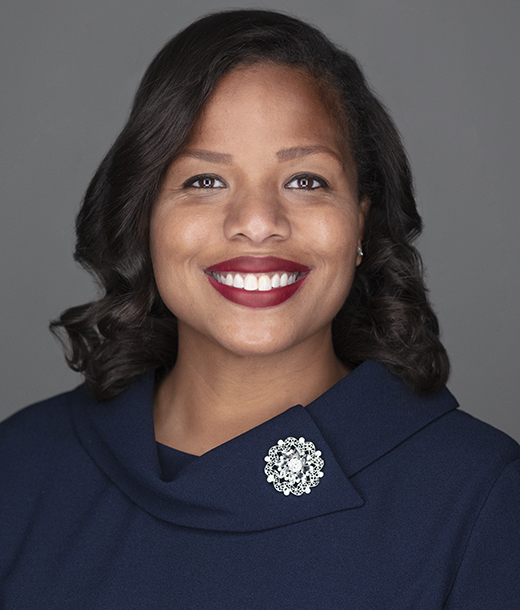Major Study Will Help Researchers Understand Cancer Rates in Black Women
“It’s a phenomenal research project.”
That’s what Tiffany Carson, PhD, co-Leader of Health Outcomes and Behavior Program at Moffit Cancer Center, is calling VOICES of Black Women, a new study launched by the American Cancer Society investigating why Black women die from cancer at higher rates than any other racial or ethnic group.
“We know cancer is a result of complex interactions between behavior, environment, biology and social exposure,” Carson said. “So, this study will help us have a comprehensive data set to better disentangle these exposures to help understand how to better prevent cancer, particularly for Black women.”

Researchers will follow 100,000 Black women for at least 30 years. This study, the largest study of its kind, hopes to change some shocking statistics:
- Black women are 60% more likely to die of cervical cancer compared to white women.
- Breast cancer is the leading cause of cancer death in Black women, and they are 40% more likely to die than white women.
- For most types of cancer, Black women have higher death rates and the shortest survival rates of other racial and ethnic groups.
While the study will cover the next three decades of research, Carson said Black women can do things now to improve their outcomes and health risks.
“Handle things that are within your control to lower your risk of breast cancer and other cancers,” Carson said. “Regular screening, engagement with your healthcare provider, a healthier diet, engaging in physical activity, achieving and maintaining a healthy weight and minimizing and managing stress are all things within your control.”
Avoiding tobacco products and remembering to apply sunscreen and sun protection are also important daily habits that can improve the health of Black women, she said.
The VOICES study is actively recruiting Black women for the study, and Carson points out that the investigative team is comprised of women who have a shared lived experience with the population targeted.
“VOICES is a study for Black women and in a lot of ways by Black women,” Carson said. “As we try to build trust as a research community, we have to be trustworthy before we can expect communities to trust us. This is a great effort to show that intention.”
And this is a great opportunity for researchers to compile data that has thus far been challenging to collect, she said.
“The capacity of information that we have to learn from a large, well-designed study like VOICES truly is limitless. The fact that VOICES specifically targets Black women is a key point of importance. We know that Black women have a higher burden of death from cancer,” Carson said.



